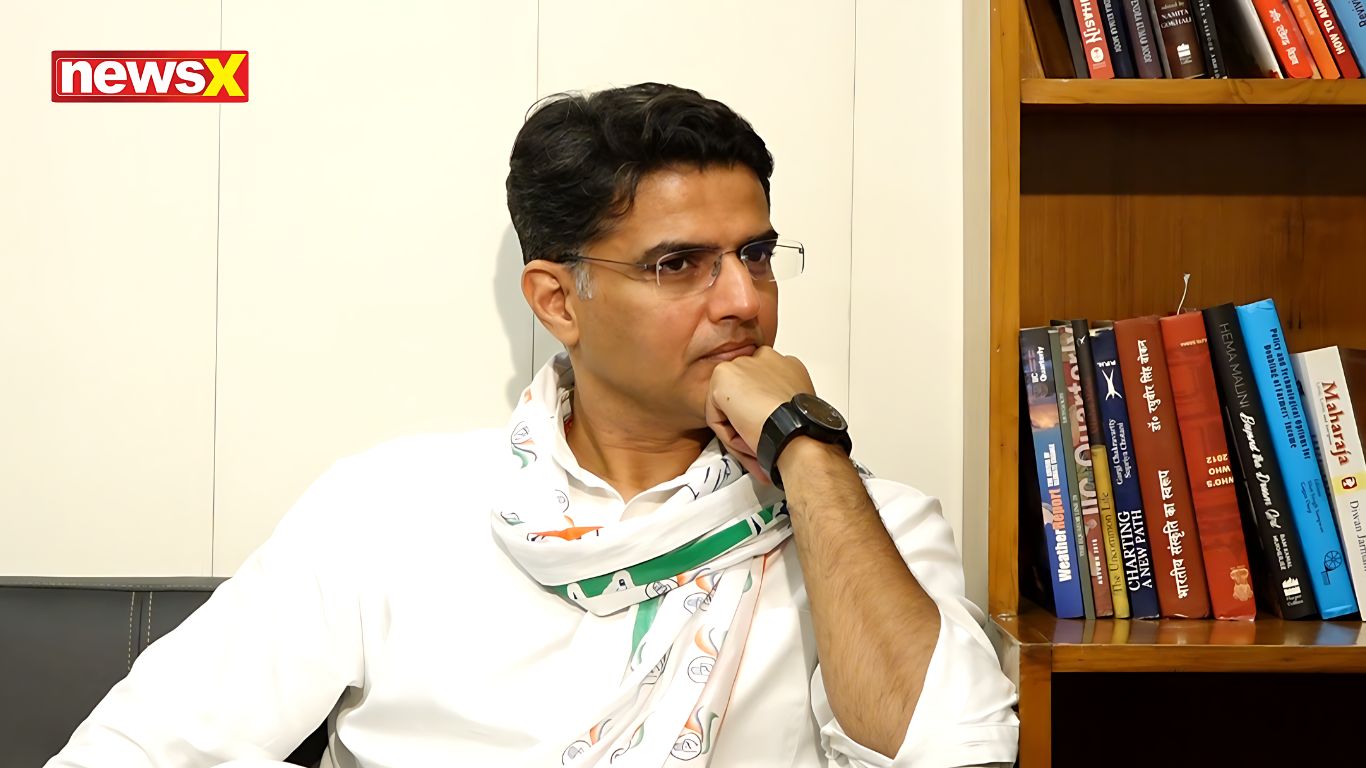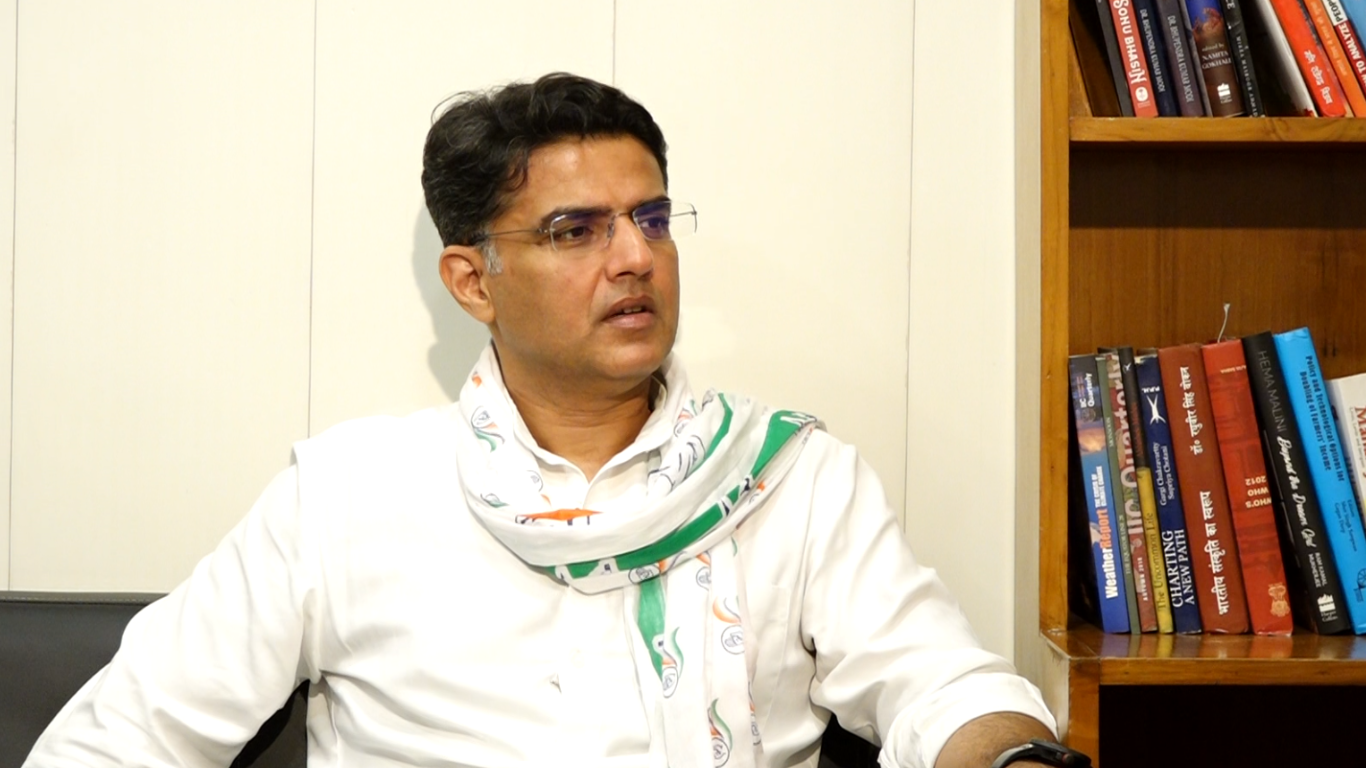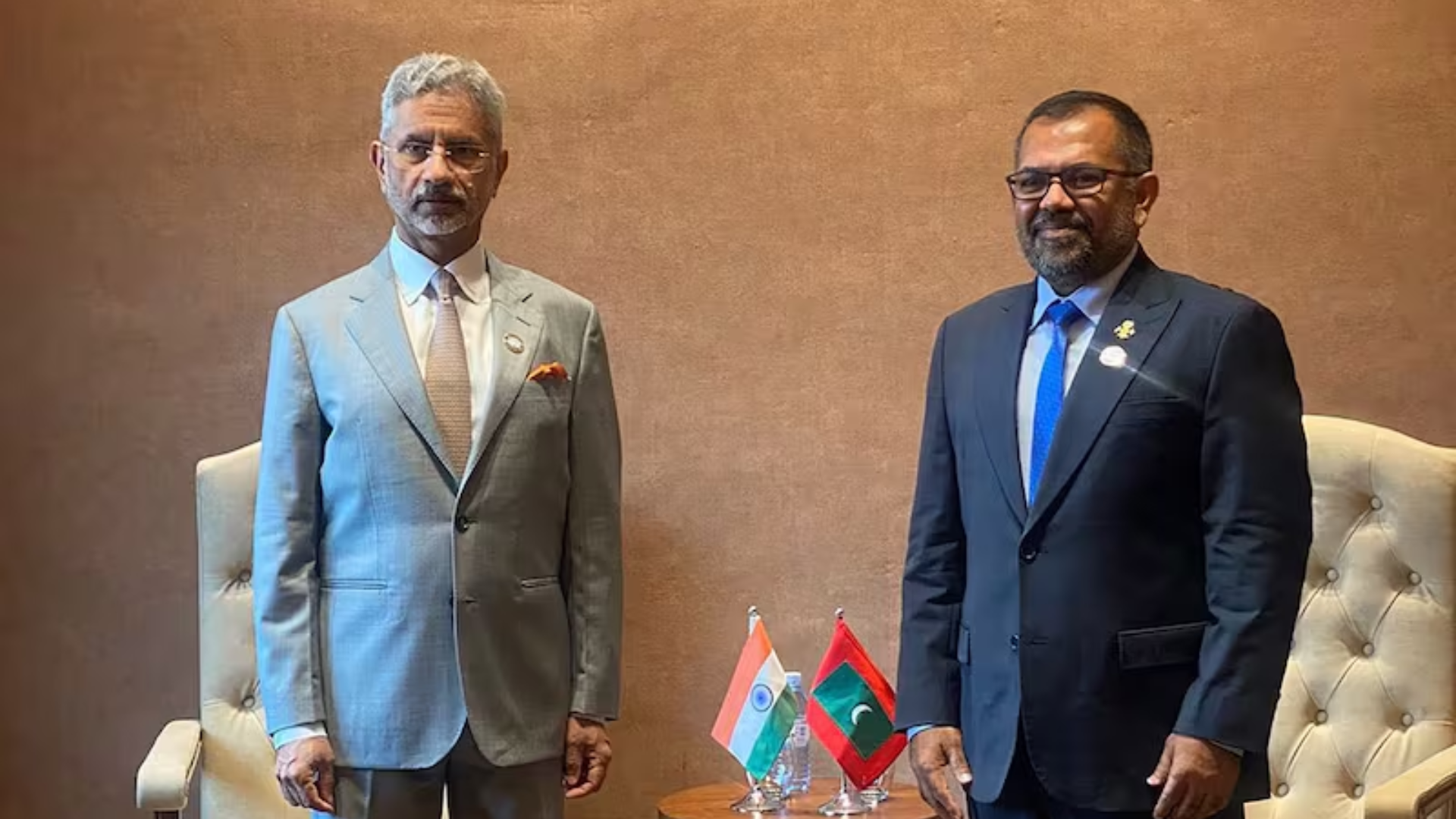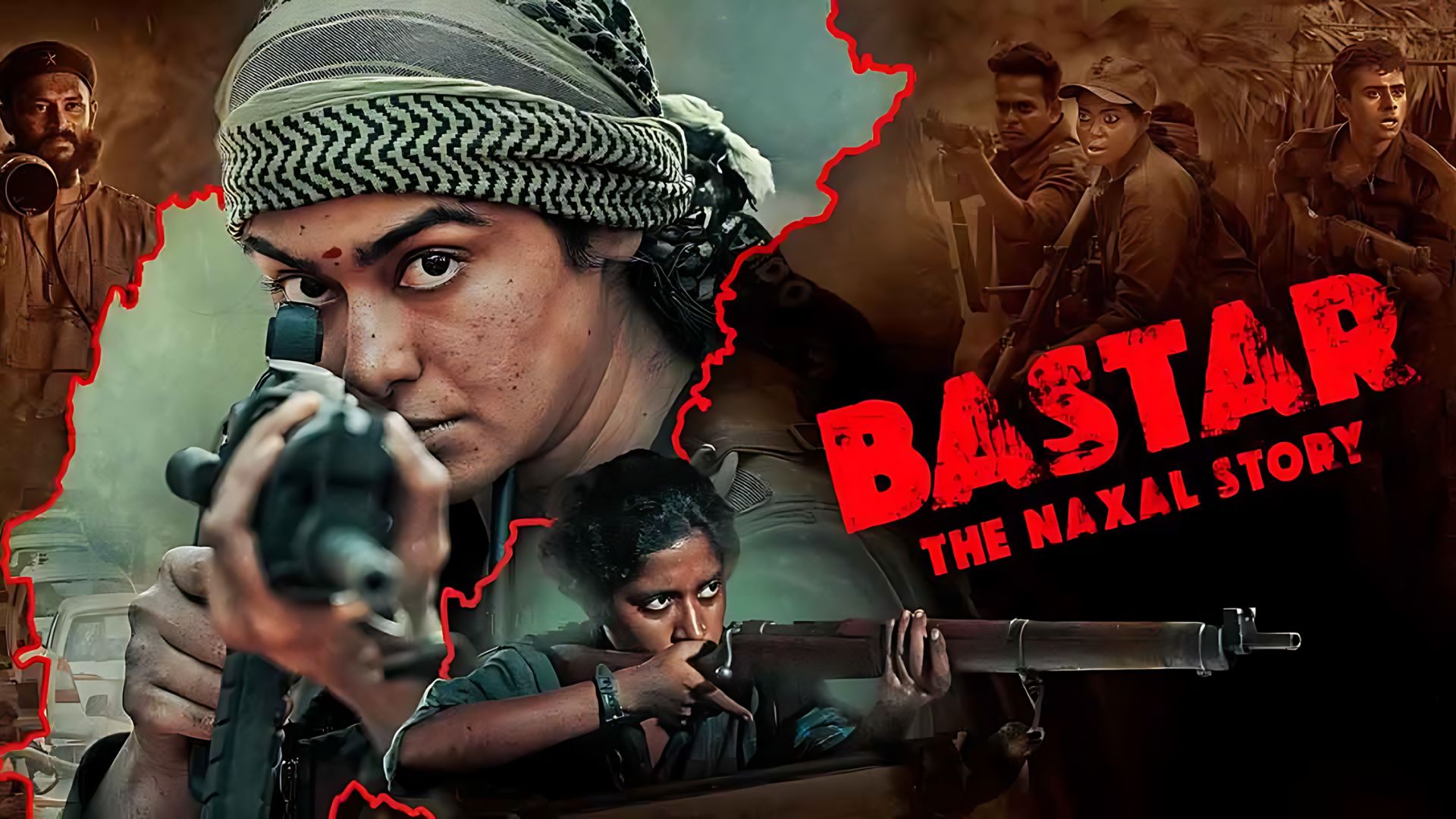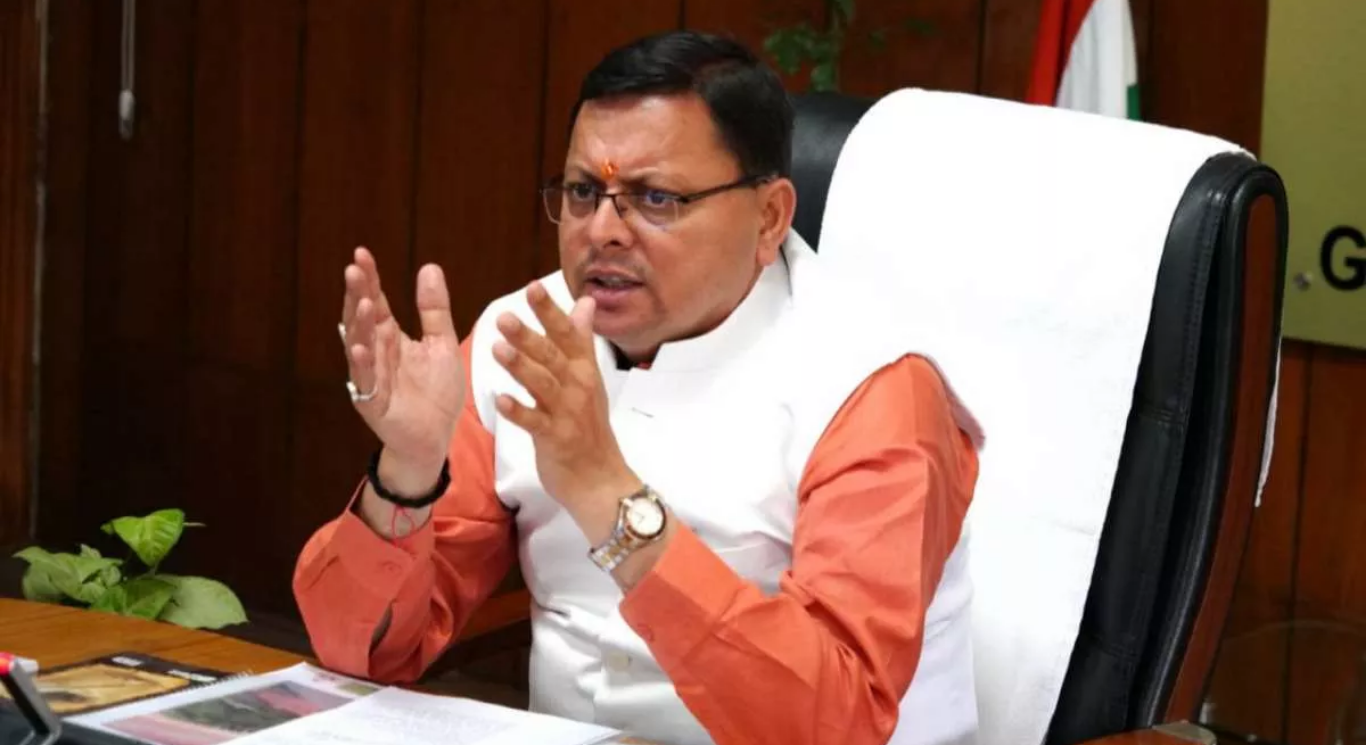


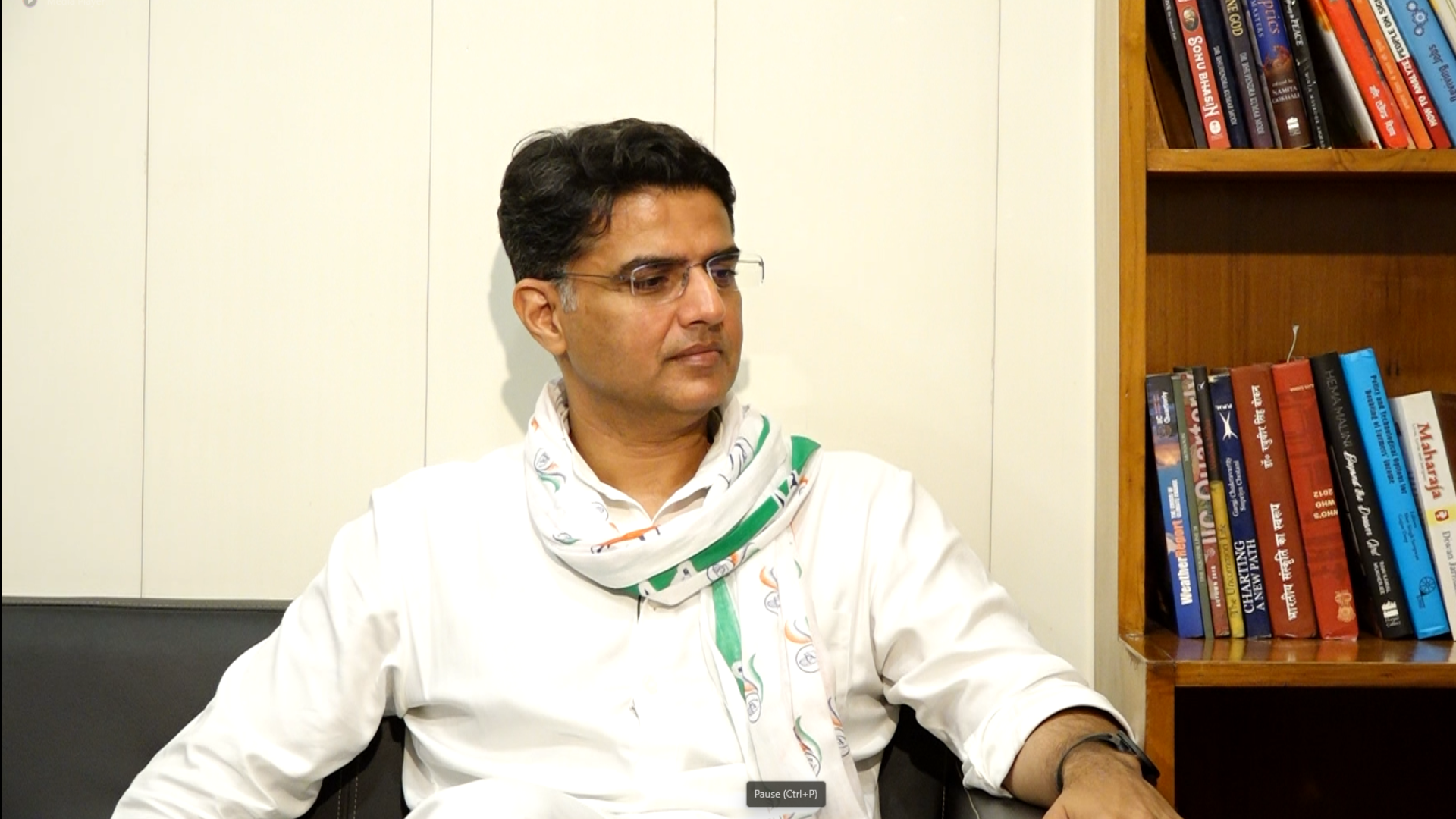
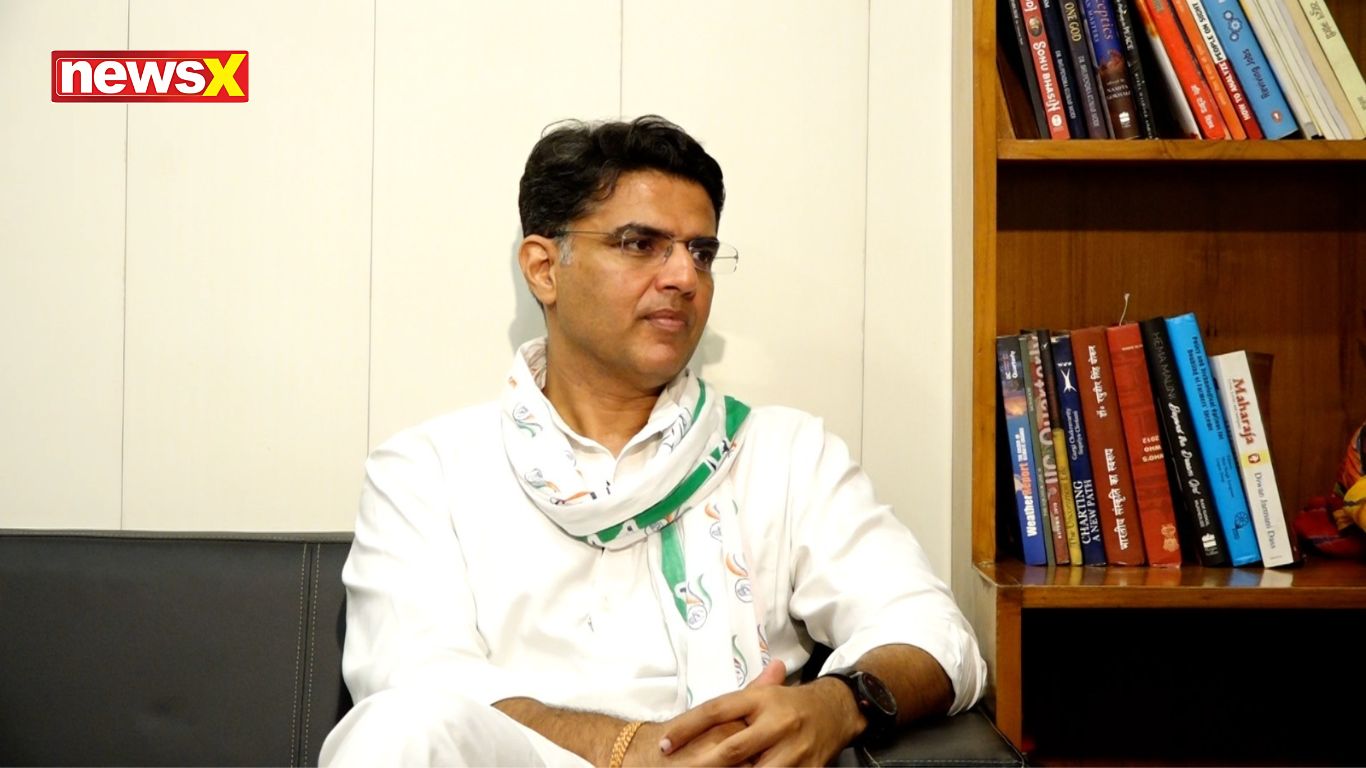
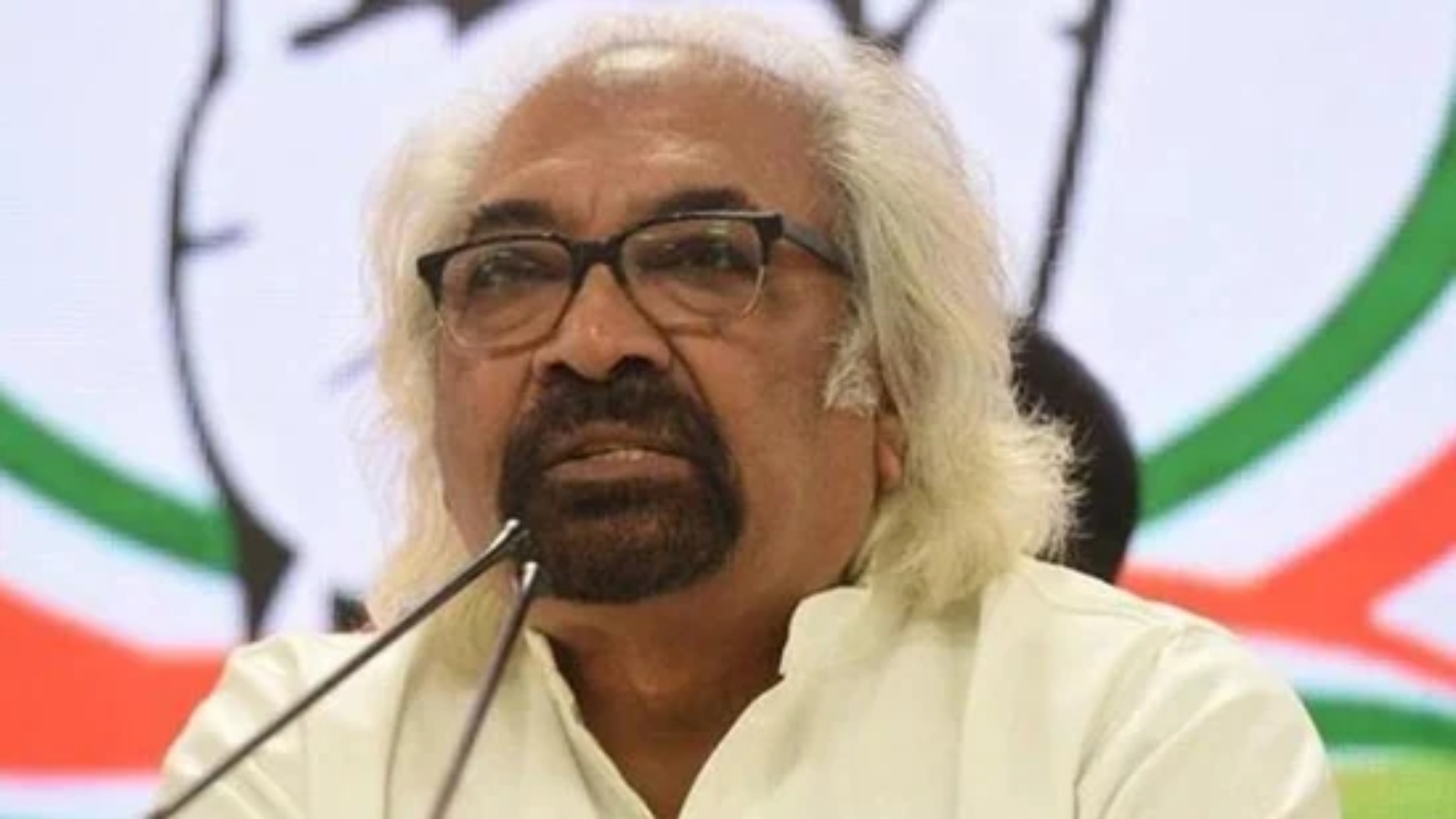

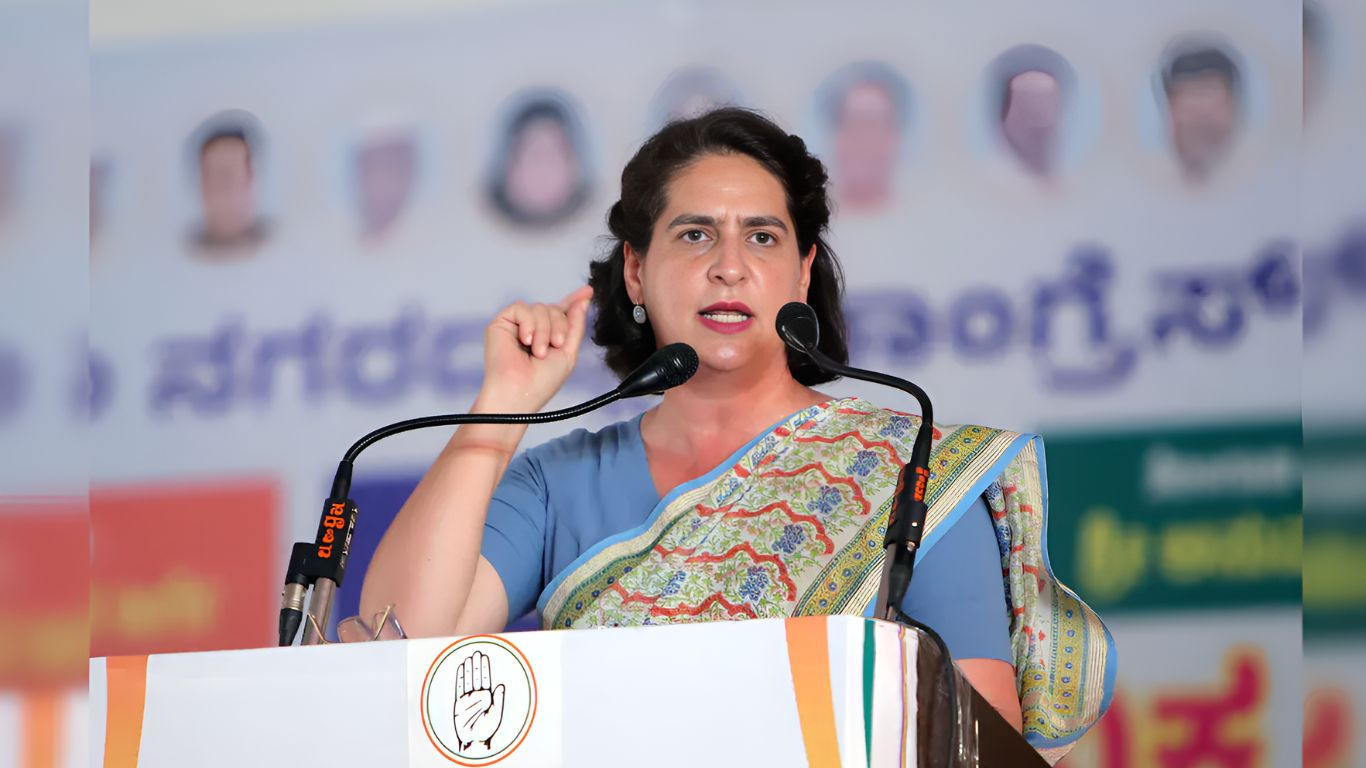
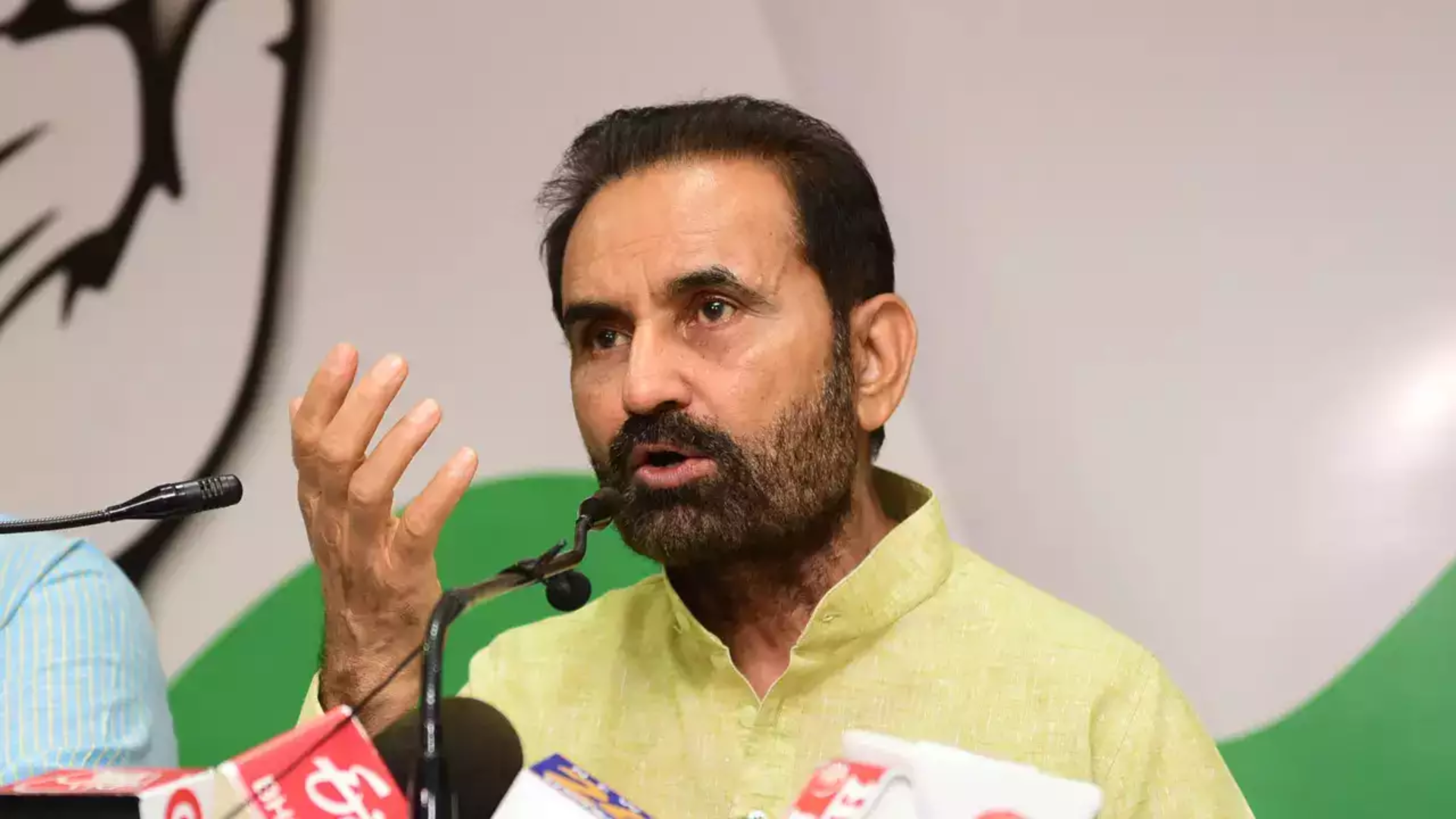
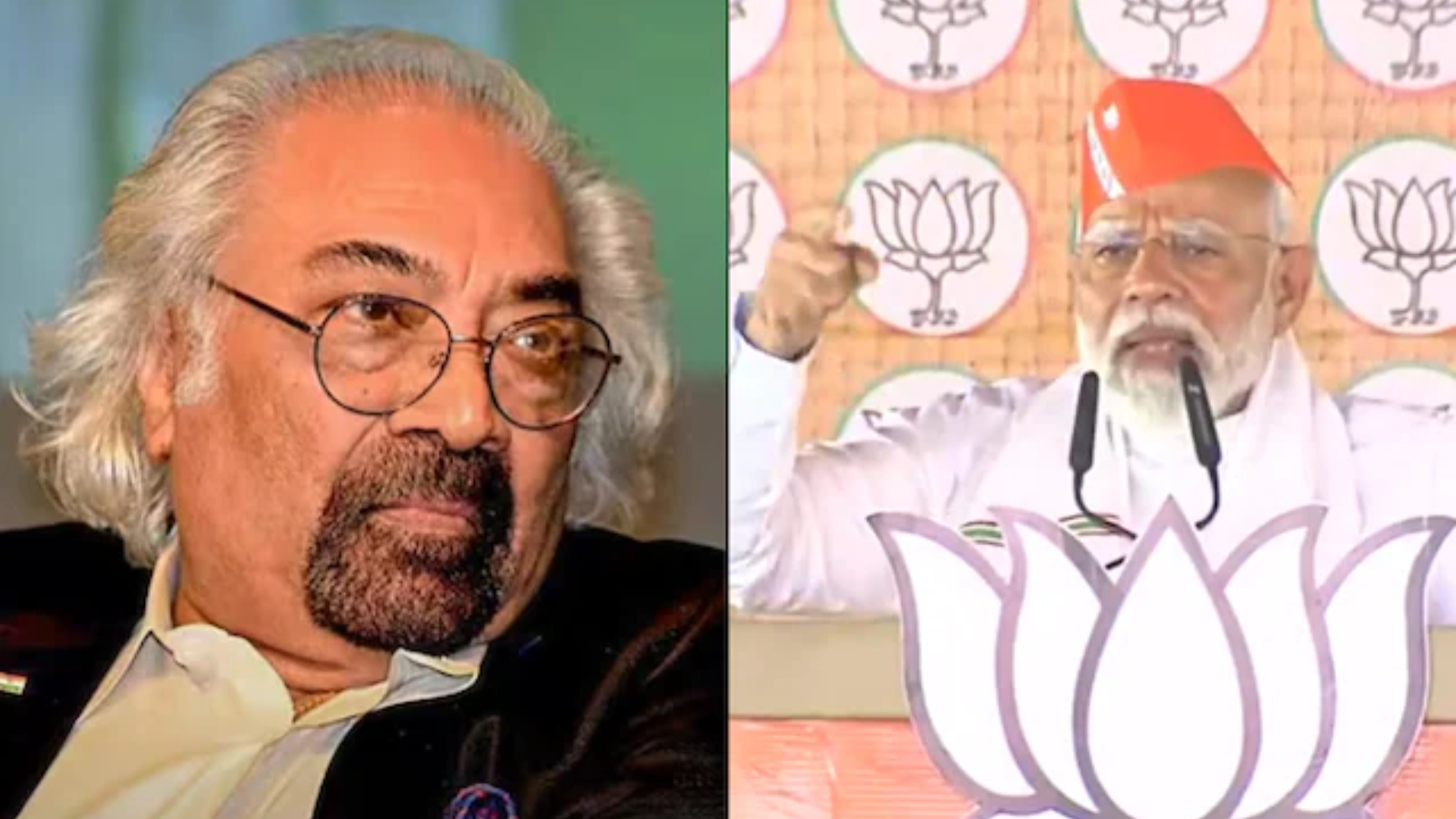
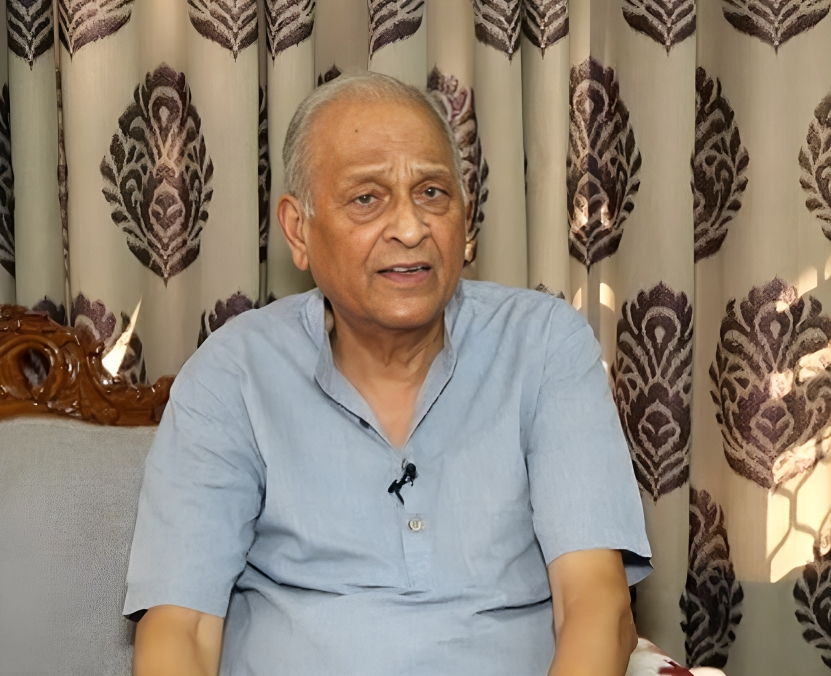
In a recent exclusive interview with NewsX, HS Khola, a former DG of Civil Aviation who played a pivotal role in the investigation of the Kanishka bombings, shed light on the early stages of the probe. Khola revealed that the investigation was initiated following a meeting at the Ministry of Civil Aviation upon receiving information about the accident.
The tragic incident occurred in international waters, approximately 125 miles off the Irish Coast, where the Air India aircraft had lost contact with Shannon Air Traffic Control. According to international rules, India was designated as the authority to investigate the accident. In response, a team led by Khola was swiftly assembled to travel to Cork, Ireland, the nearest location to the accident site, even though they lacked the required visas. Fortunately, the Irish government offered visas on arrival.
Upon arrival in Cork, the team conducted sonar mapping of the seabed, precisely pinpointing the latitude and longitude coordinates provided by air traffic control. The search yielded numerous floating wreckage items, confirming that the aircraft had gone down in that area. The investigators returned to Cork to launch the formal investigation, which involved collaboration with multiple countries, including Canada (due to the high number of Canadian passengers) and the United States (due to Boeing’s involvement).
Khola explained that the challenges of the investigation included the absence of eyewitnesses, wreckage, and crew, making it essential to meticulously plan and execute each step of the inquiry. The initial evidence came from the bodies of victims found floating at sea. Surprisingly, many of these bodies showed no external damage but had fractures in their bones, indicating that the aircraft had disintegrated in mid-air, causing the violent motion that led to these injuries.
Subsequently, floating wreckage, including seats and aircraft parts, was recovered and examined. A priority system was established to recover critical items linked to the explosion’s location and cause. Khola emphasized the importance of cautious and deliberate efforts to ensure that only essential items with evidentiary value were collected from the sea.
Regarding the security investigation, Khola clarified that it was the responsibility of the Royal Canadian Mounted Police (RCMP) and the Canadian legal system. He and his team were called to provide evidence in the Canadian court but were unable to do so due to the events of September 11, 2001, which disrupted travel plans.
Khola was also questioned about the timeline of the release of reports related to the Kanishka bombings. He explained that he was not well-versed in the Canadian legal and investigative systems and therefore could not comment on the reasons behind the delay in Canada’s report, which was released in 2010, while India’s justice report was issued in 1986.
In response to questions about potential warnings and security lapses that could have prevented the bombing, Khola emphasized that there were no warnings available at the time. The planners behind the attack had left no evidence to indicate their intentions.
Khola’s interview concluded with him reiterating that the investigation into the security aspect was not within the purview of the Indian team, and any further actions or legal proceedings in Canada were the responsibility of the Canadian authorities.
The interview shed light on the complex and challenging process of investigating the Kanishka bombings, emphasizing the importance of international cooperation and meticulous evidence collection in such cases.
Also Read: UN Lacks Credibility & To A Large Extent, Effectiveness: EAM Jaishankar
Catch all the Latest Business News, Breaking News Events, and Latest News Updates on NewsX

